Almost two weeks after it was made public, the Federal Government is yet to authenticate the shocking news that President Muhammadu Buhari had approved a concessionary exchange rate for pilgrims.
It was the Executive Secretary of the Nigerian Christian Welfare Board, John Kennedy-Opara, who, penultimate Monday, disclosed that pilgrims would enjoy lower exchange rate because “the President has approved $1 to N160 for the conventional exchange rate for this pilgrimage operation.” The only caveat was that each prospective pilgrim must be willing to purchase up to $10,000 to benefit from this forex subsidy.
It is amusing that this faux pas did not attract a national outrage. Save for The Punch which condemned the development through a Front-Page news analysis and followed up with an expository article on the waste that government’s sponsorship of pilgrimages constitutes, the news was met with not so much as even a whimper. It is understandable, but very disappointing nevertheless, that in a supposed secular state with a multi-religious population, religious sentiment has always coloured our national outlook and relationship with each other.
Why should anyone speak against the folly of allowing private citizens fund their religious trips with tax payers’ sweat when beneficiaries cut across different strata of the society on a yearly basis? Those that have been selected for such fully-funded trips owe the government a debt of gratitude and would hardly speak against it while those hoping to be enlisted in future would rather let the status quo remain. The turn-by-turn mentality even finds a space in religion.
Advertisement
Yet, government continues to spread the joy because both the National Christians Pilgrims Commission and National Hajj Commission have become one huge privilege box that dishes out favours to those close to government. A presidential aide in Goodluck Jonathan’s administration who was once accused of not assisting a friend that took him in when he needed accommodation in Abuja said at least he was able to get him (the landlord friend) a slot in the Federal Government’s delegation to Israel. Such is the manner in which pilgrimage slots have become avenues to settling political IOUs.
This of course has become entrenched because in contravention of the 1999 Constitution, which clearly forbids government from promoting any faith as a state religion, successive Nigerian governments have elevated Islam and Christianity to state religions, spending huge sums from public purse on them. And so, faithful from these two dominant religions have developed a sense of entitlement, often demanding recognition and even subsistence from government. They pay no taxes as religious organizations or worship centres, enjoy all sorts of waivers and still insist on free vacation in the name of pilgrimages.
But the Presidency owes the country an explanation not just because the type of change that brought Buhari in demands a severance from the wasteful pattern of the past, but transparency and accountability in particular. To grant a concessionary exchange rate to pilgrims without a convincing argument does not pass the probity test at all. The Presidency is yet to confirm or deny the news and Kennedy-Opara has not recanted; and so it is safe to expect that about 30,000 Christian pilgrims this year will be able to buy dollar at N160 instead of the N196.95 that it exchanged for at the official market or N225-N240 at the parallel market. This means that government will be subsidizing every dollar purchased by pilgrims with almost equal amount that it is spending to subsidize every litre of petrol a pilgrim buys.
Advertisement
But while crude oil is a natural resource that generates wealth and is for the benefit of the whole, pilgrimage is a kind of capital flight that takes millions of dollars from home to develop other countries. Israel, a Jewish nation, rakes in almost $3bn annually from religious tourism, while Saudi Arabia makes $1.6bn yearly from pilgrims. The subsidy that Buhari is being prodded to give is exclusionary as it ignores many other Nigerians who belong to neither of the two faiths enjoying ceaseless pampering.
This subsidy must not be allowed to fly!
It is ill-advised and should be reversed because our economy cannot afford it. At a time that the Central Bank of Nigeria is struggling to manage the exchange rate fluctuations and inflation by conserving foreign reserves and protect the naira from a free fall, it would be wrong to grant any form of rebate that is informed by narrow interests. It would be insensitive to the mood of the nation and especially to business men and importers, some of who were last month blocked from the official forex market in a desperate bid to conserve reserves.
Buhari should not allow himself to be hoodwinked by the religious sentiment that is vaguely populist in nature but harmful to the economy. He should set a good example for states like Kano, Bornu and several others that have already approved millions of naira for pilgrimage this year. The N70bn that government at different levels is projected to spend on pilgrims this year ought to be put into better use. It is surprising that even many debtor states that owe salaries do not see the need to discontinue this needless spending. They must be told to emulate Nasir el-Rufai who has announced that Kaduna State would have no business in religious activities.
Advertisement
The economy that Buhari inherited will only survive if the looted wealth of this nation is recovered in good time and inherent leakages and wastes are substantially blocked. Being proactive in this regard will entail heeding the Steven Orosanye Committee that recommended that Pilgrims’ Boards be scrapped. Indeed, government has no business in conducting let alone funding where and how individuals or religious organizations practise their beliefs.
Ghana that only recently inaugurated a Pilgrims Welfare Committee insists that trips to holy lands must be funded by individuals, even if they have to pay in installments. South Africa does not put tax payers’ money into where its citizens go in the name of religion, whether it is Saudi Arabia, Israel or the Synagogue in Nigeria. In any case, going on pilgrimage is not an obligation for Christians and adding Rome and Greece to the fray is just a way to go on tourism at the expense of tax payers. Islam that demands a visit to the holy land premised it on its affordability to individuals. The burden of cost should not be transferred to the state but to Foundations that are disposed to it.
“Reckless and insensitive” is how Punch described the forex subsidy and that about sums it up. But the real admonition is yet embedded in that timely analysis: “this government will not succeed if it fails to deliver change and instead wastes resources on religion like its predecessors.”
Advertisement
2 comments
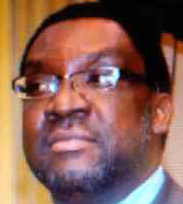
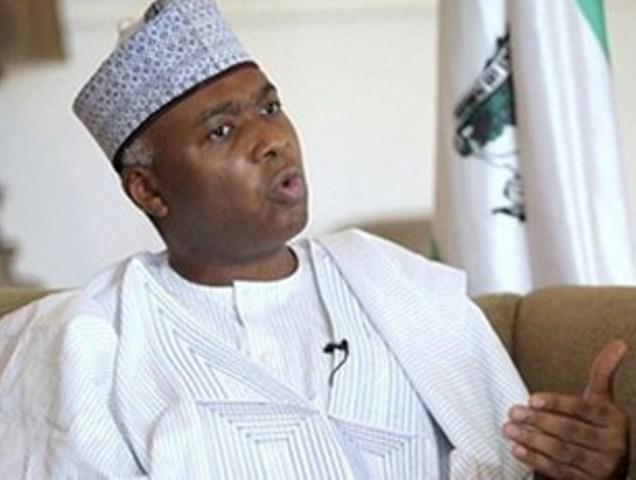
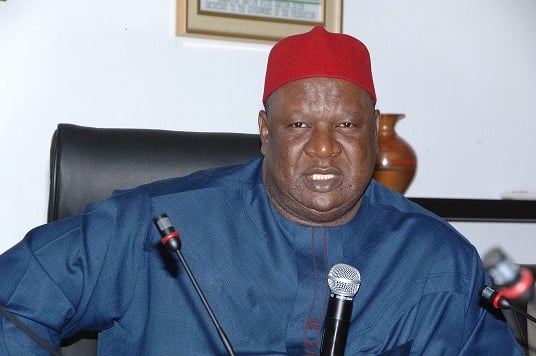
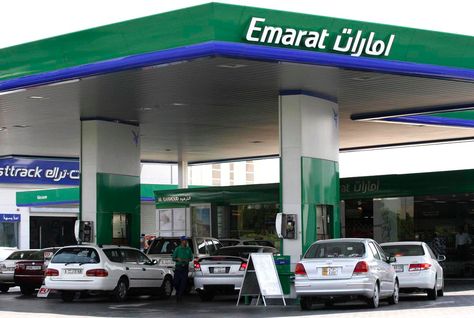

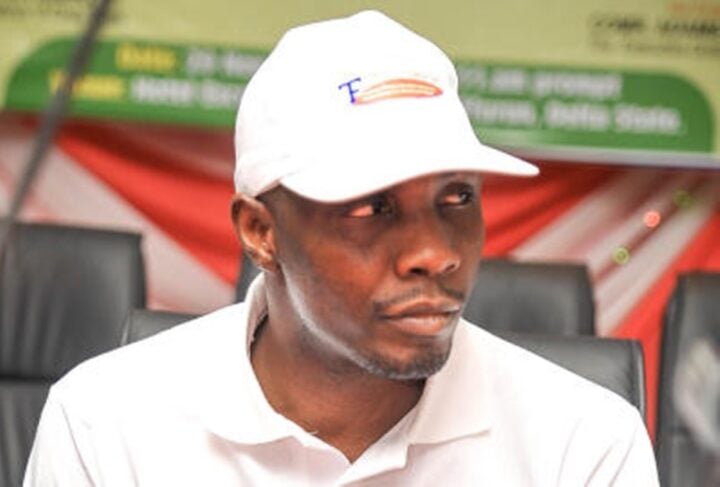
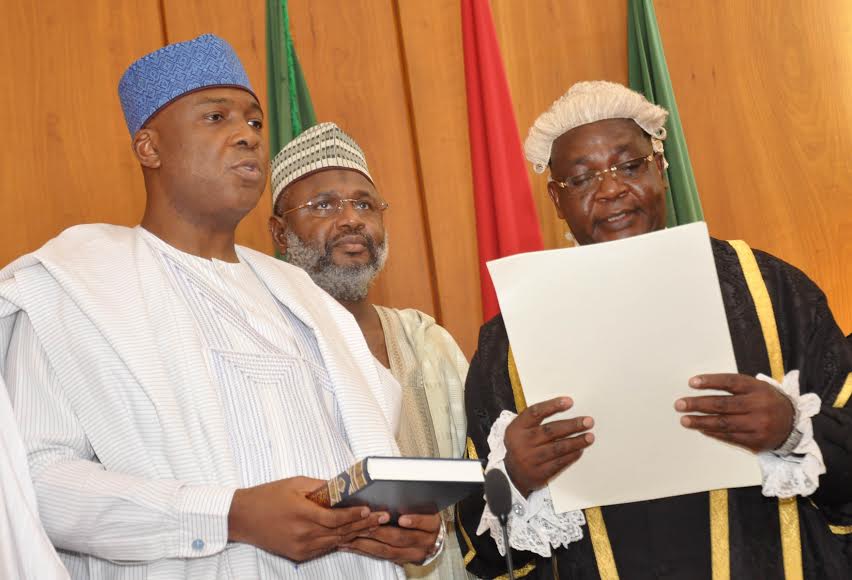
Well said. I was appalled at the decision an is pampering to religious lobbyists by Buhari. This should not happen. In a time of austerity, it’s a waste of government resources.
It should be noted that it was President Jonathan and not Buhari who approved the N160 to $1 concession. Buhari inherited it and decided not to tamper with it.